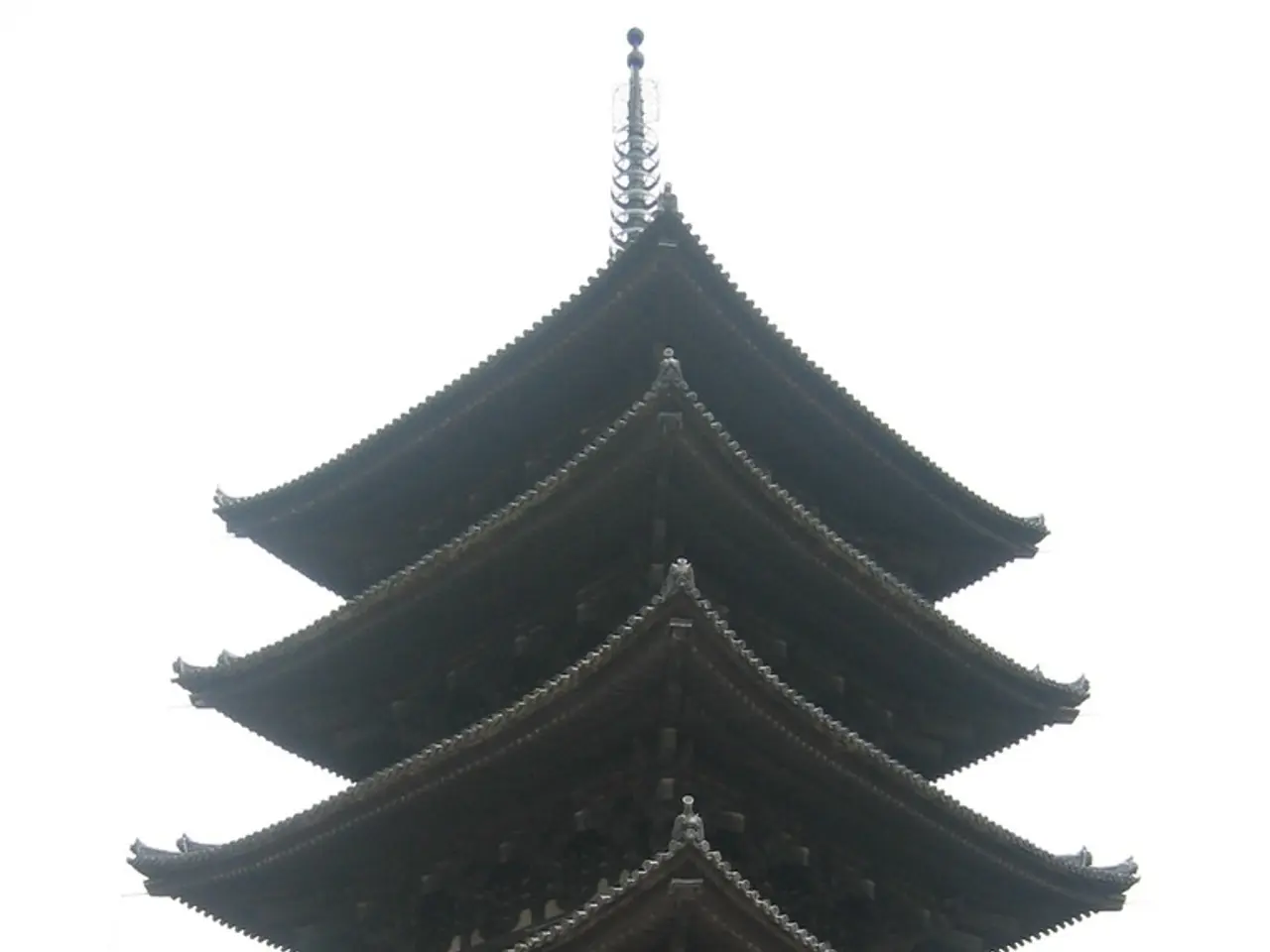Trump's restructuring of the State Department could potentially benefit China for years to come
The overhaul of the US State Department under President Trump is perceived as a hindrance in the competition with China, according to analysts and former department officials. This overhaul, which includes large staff reductions, diminished bureaucratic capacity, and centralized control of China policy, risks playing into Beijing's hands for decades.
Matt Ingeneri, a US diplomat who served in China, Southeast Asia, and Africa for nearly three decades, noted that the fun and games with Chinese officials can end when it comes to the claim to the South China Sea. The weakening of development programs in the US could have significant consequences, as suggested by Lambert, the former head of the State Department's China House overseeing Beijing-focused diplomacy.
One of the key impacts of the overhaul is the loss of personnel and expertise. More than 3,000 State Department employees have been cut, including those in offices critical to managing China policy, visa fraud, intelligence, and foreign aid. This has eroded the US's ability to maintain robust diplomatic and development programs, which China leverages to expand its influence.
Another impact is the centralization of policy control. The restructure aims to allow President Trump and key advisors like Marco Rubio to dictate China policy more directly, limiting input and autonomy from career diplomats. While intended to produce sharper policies, this risks oversimplifying a complex relationship and making it harder to build international coalitions, especially regarding sensitive issues like Taiwan, which China views as integral to its territory.
The reduction in foreign aid and development funding also reduces the "soft power" tools the US has long used to compete with China's global development initiatives, particularly in Africa and Southeast Asia where Beijing invests heavily.
Moreover, aggressive US tariff and military demands alienate allies, complicating coalition-building efforts against China's growing influence. This uncertainty weakens Washington's credibility and long-term commitments in the Asia-Pacific and beyond.
In summary, the overhaul has weakened the traditional instruments the US uses to diplomatically and developmentally counter China, centralizing decision-making while reducing the size and expertise of the diplomatic corps. Analysts and lawmakers warn this sets back US capacity to engage globally with China for years to come.
Sources:
[1] "Trump's State Department Overhaul Is Complicating the Situation." The New Yorker, 2019, https://www.newyorker.com/news/news-desk/trumps-state-department-overhaul-is-complicating-the-situation
[2] "Trump's State Department Overhaul: A Threat to U.S. Diplomacy?" Brookings Institution, 2018, https://www.brookings.edu/blog/order-from-chaos/2018/03/16/trumps-state-department-overhaul-a-threat-to-u-s-diplomacy/
[3] "The US-China Rivalry Is Global. Can America Win?" The Economist, 2019, https://www.economist.com/united-states/2019/03/23/the-us-china-rivalry-is-global-can-america-win
[4] "China's Soft Power: A Weapon for Global Influence." Council on Foreign Relations, 2019, https://www.cfr.org/backgrounder/chinas-soft-power-weapon-global-influence
[5] "The State Department's China Hands Are Leaving." The Atlantic, 2018, https://www.theatlantic.com/international/archive/2018/06/the-state-departments-china-hands-are-leaving/562421/
- The centralization of policy control as part of the State Department overhaul under President Trump could oversimplify a complex relationship with China, limiting the ability to build international coalitions, particularly in regards to sensitive issues like Taiwan.
- The reduction in foreign aid and development funding under the State Department overhaul diminishes the US's ability to compete with China's global development initiatives, notably in Africa and Southeast Asia.
- The fun and games with Chinese officials can end swiftly, as noted by Matt Ingeneri, a US diplomat who served in China, when it comes to the claim to the South China Sea, a matter that may require nuanced diplomacy and expertise.








